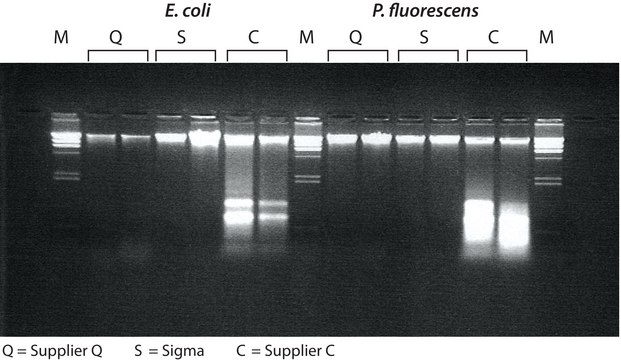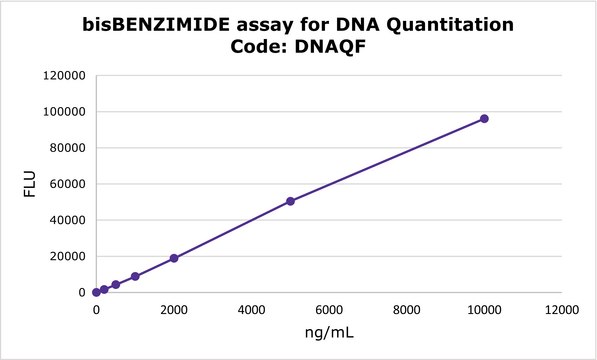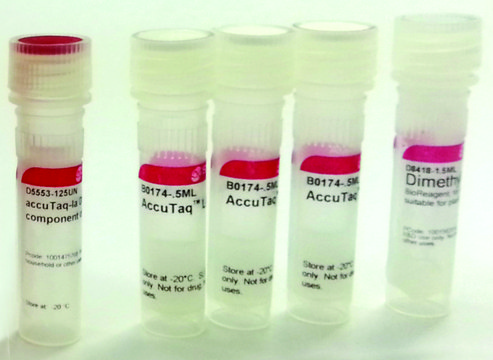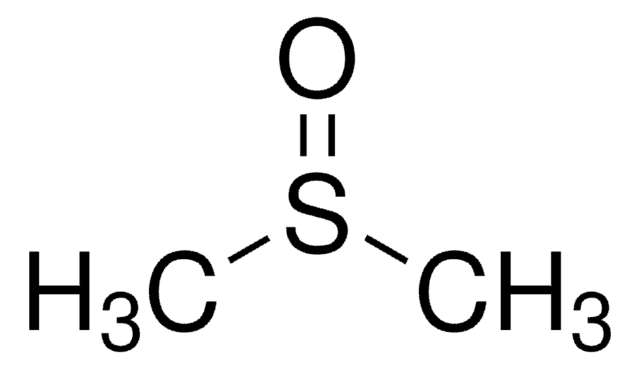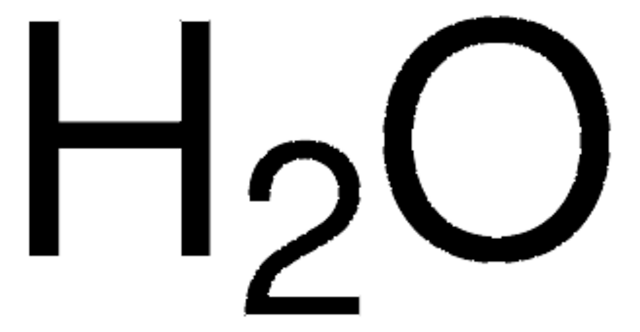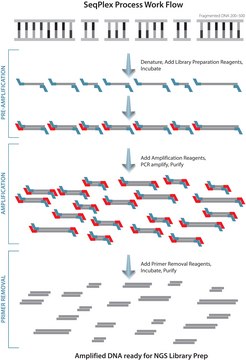SAB3701071
Anti-Mouse IgG (H+L), highly cross adsorbed antibody produced in goat
affinity isolated antibody, buffered aqueous solution
About This Item
Produits recommandés
Source biologique
goat
Niveau de qualité
Conjugué
unconjugated
Forme d'anticorps
affinity isolated antibody
Type de produit anticorps
secondary antibodies
Clone
polyclonal
Forme
buffered aqueous solution
Espèces réactives
mouse
Concentration
2.0 mg/mL
Technique(s)
ELISA: suitable
immunohistochemistry: suitable
western blot: suitable
Catégories apparentées
Description générale
Spécificité
Immunogène
Propriétés physiques
Forme physique
Clause de non-responsabilité
Vous ne trouvez pas le bon produit ?
Essayez notre Outil de sélection de produits.
Code de la classe de stockage
10 - Combustible liquids
Point d'éclair (°F)
Not applicable
Point d'éclair (°C)
Not applicable
Faites votre choix parmi les versions les plus récentes :
Certificats d'analyse (COA)
Vous ne trouvez pas la bonne version ?
Si vous avez besoin d'une version particulière, vous pouvez rechercher un certificat spécifique par le numéro de lot.
Déjà en possession de ce produit ?
Retrouvez la documentation relative aux produits que vous avez récemment achetés dans la Bibliothèque de documents.
Les clients ont également consulté
Articles
The overall degree of methylation of a genome can be a useful measure of global regulatory changes. Measurement of this parameter is usually performed after complete digestion to the single base and then analyzed using HPLC or mass spectrophotometry. The Global DNA Modification Kit (MDQ1), allows the researcher to monitor DNA methylation using a format similar to a sandwich ELISA assay.
Protocoles
Chromatin Immunoprecipitation qPCR for studying gene regulation across conditions.
Notre équipe de scientifiques dispose d'une expérience dans tous les secteurs de la recherche, notamment en sciences de la vie, science des matériaux, synthèse chimique, chromatographie, analyse et dans de nombreux autres domaines..
Contacter notre Service technique


